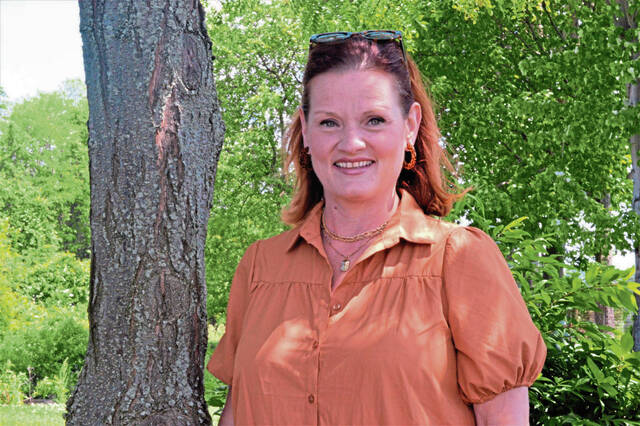

"You almost have to ask," he said, "why am I going to open stores and employ people anymore?"

He has also recently launched an online business, which puts him beyond the reach of local regulations. He hasn't closed any stores but has cut a few jobs. Gall estimated his business is down by about 20 percent because he can't lend out as much money to customers with lower incomes. "They need that money now, so they're going to say what they need to say to get that money," Gall said. Then they default, at the rate of about one in five loans, which he said is higher than in the past. He said he's pretty sure that many of his customers need more money than they can afford to pay back in the reduced number of installments allowed by the laws.Īs a result, they take out several smaller loans from different lenders using the same pay stubs. That suggests two things: The establishments that remain are raking in more business, and customers are migrating to company websites, which local jurisdictions are unable to regulate.Īrchie Gall runs Star of Texas Financial Solutions, a payday lender with operations in Waco, Killeen, Austin and Temple, all of which have passed ordinances restricting payday lending in recent years.

Overall loan volume, however, hasn't decreased as much as the number of storefronts - just 9 percent in Texas between 20. "The ordinances have been very effective in their goal, which is to shut down credit access businesses," says Michael Brown, who runs a Corpus Christi-based consultancy for small-dollar lenders. In a report published in June, Texas Appleseed, an Austin nonprofit, found that the number of storefronts in Texas fell by 25 percent between 20. Since that push began, the industry's footprint has shrunk markedly. Thirty-five Texas communities have passed local laws that typically require lenders to ensure that borrowers have some ability to repay the loans and limit the number of installments, which allow lenders to earn more interest and charge more fees. With efforts to pass state legislation stymied by industry lobbying, a coalition of faith groups and community activists has worked for a half-decade to persuade local jurisdictions to adopt ordinances to curb lending practices that most often trap people in cycles of debt. Houston was far from alone in adopting restrictions on small-dollar loans. Because of the hefty fees and high interest rates, customers very often can't afford to make payments, and so end up refinancing ever-growing balances again and again - what regulators call a cycle of debt that is nearly impossible to break. Payday and auto title loans are a form of cash advance available to people who might not have access to other forms of credit. "If you're desperate, you just pay it," Walter said. But she absolutely needed to keep her job at a veterinarian's office and had nowhere else to get the money. After all the fees and interest, she'll end up paying back about $1,400. One thing remains certain: The reasons people who live paycheck to paycheck turn to these lenders, and the high rates they charge, are largely unchanged.īetty Walter recently walked out of Ace Cash Express near Hobby Airport with a $600 loan to fix her car, her only way to work. City officials concede that they don't know whether customers are finding better lower-cost alternatives or simply driving beyond the city limits, using online payday lenders, or turning to unlicensed businesses or loan sharks. It looks like a dramatic turnaround for a city that once seemed to have a payday lender on every street corner, but the effect on the working poor who use these services remains unclear. Since then, the number of licensed payday and title loan companies in Houston proper has plunged 40 percent, to 187 from 310, while transactions across the metro area have fallen by 27 percent. The pattern on Westheimer has been repeated on commercial thoroughfares across Houston after a local law took effect in July 2014 to restrict the activities of small-dollar lenders that can otherwise charge as much as 500 percent interest.


 0 kommentar(er)
0 kommentar(er)
